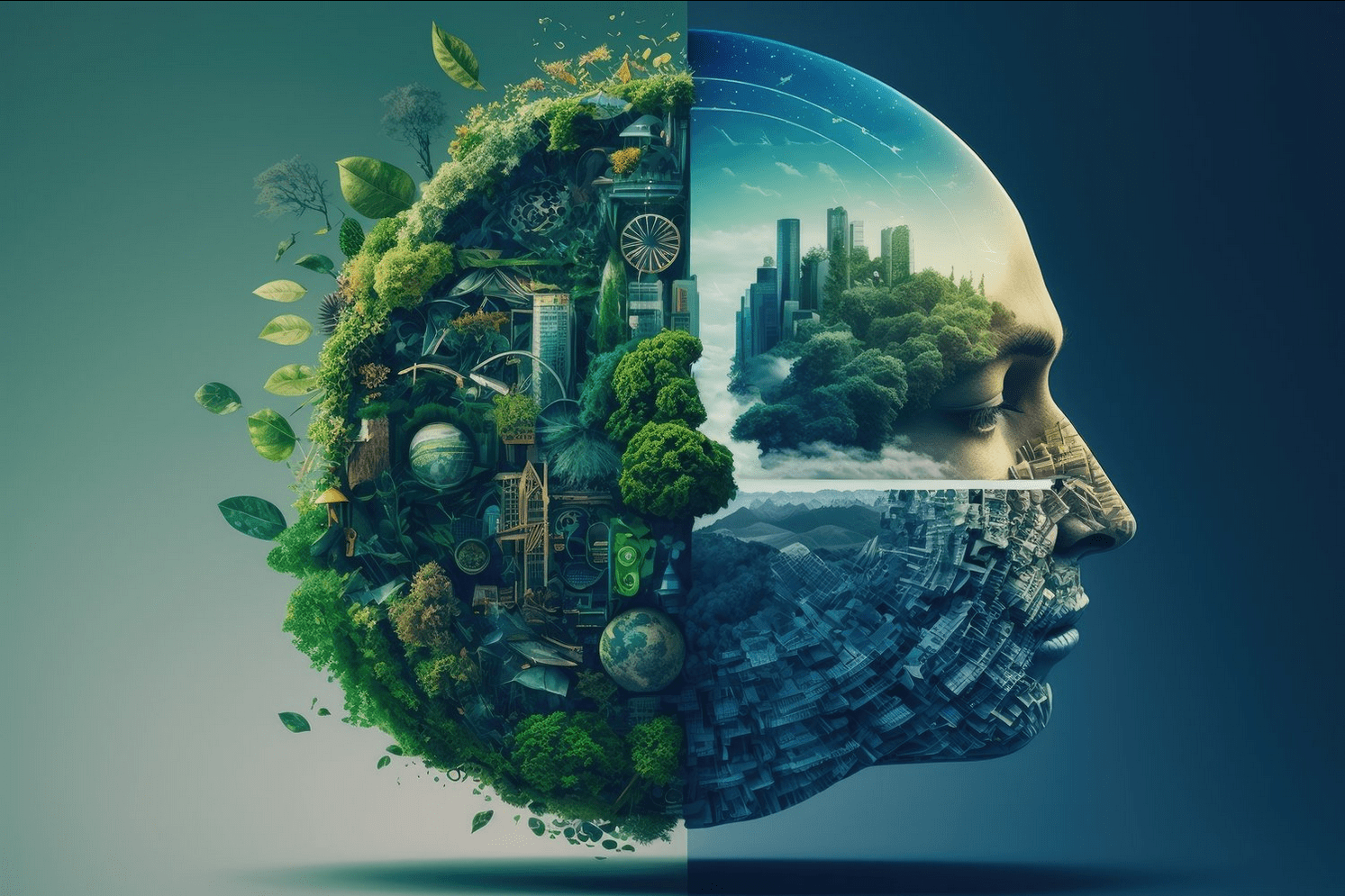We face a perfect storm of environmental, social, technological, economic, geopolitical and other global stressors. These global stressors interact in unpredictable ways. The pace of future shocks is increasing. The prospect for civilizational collapse is real. We need to build meaningful resilience.
Michael Lerner





